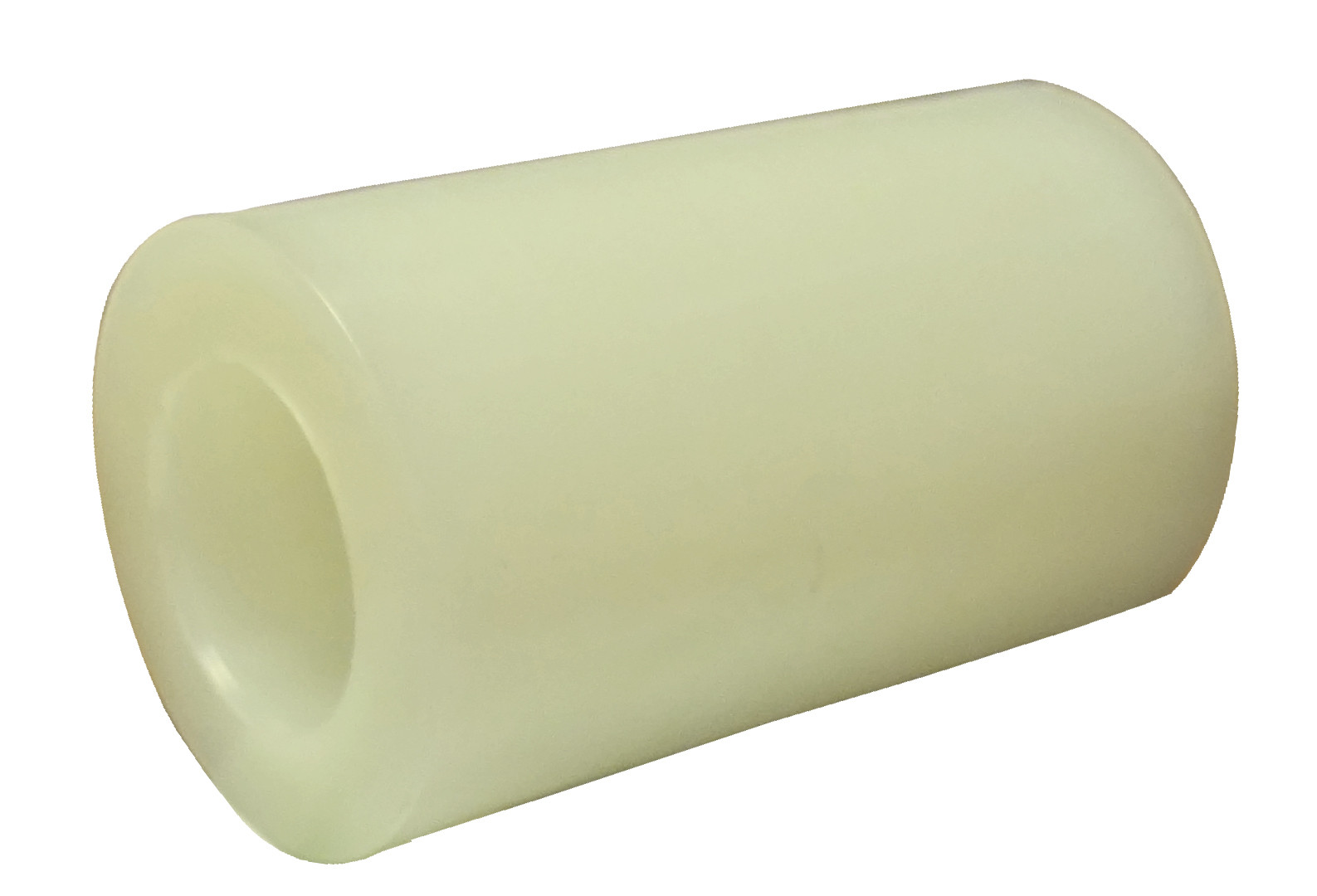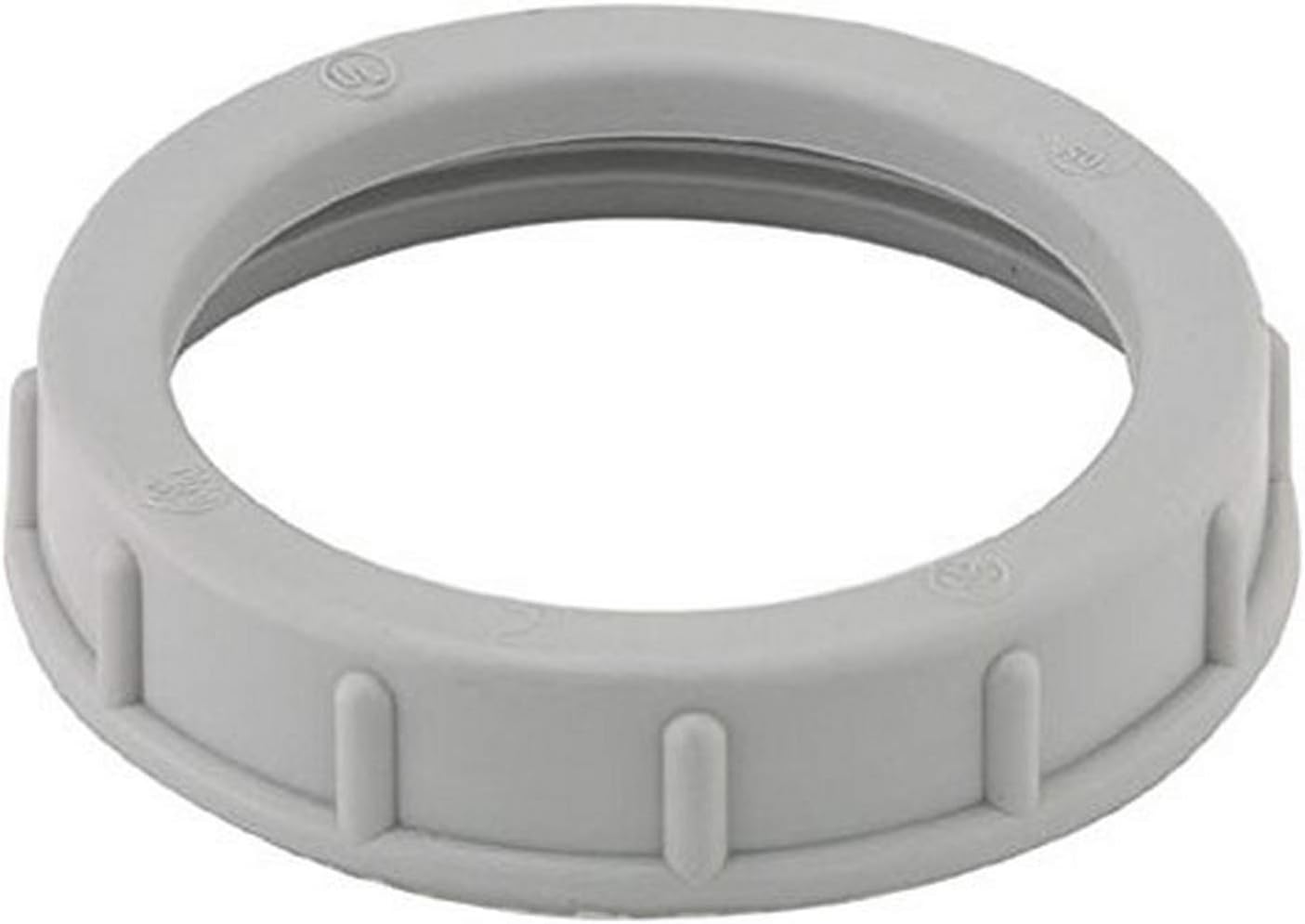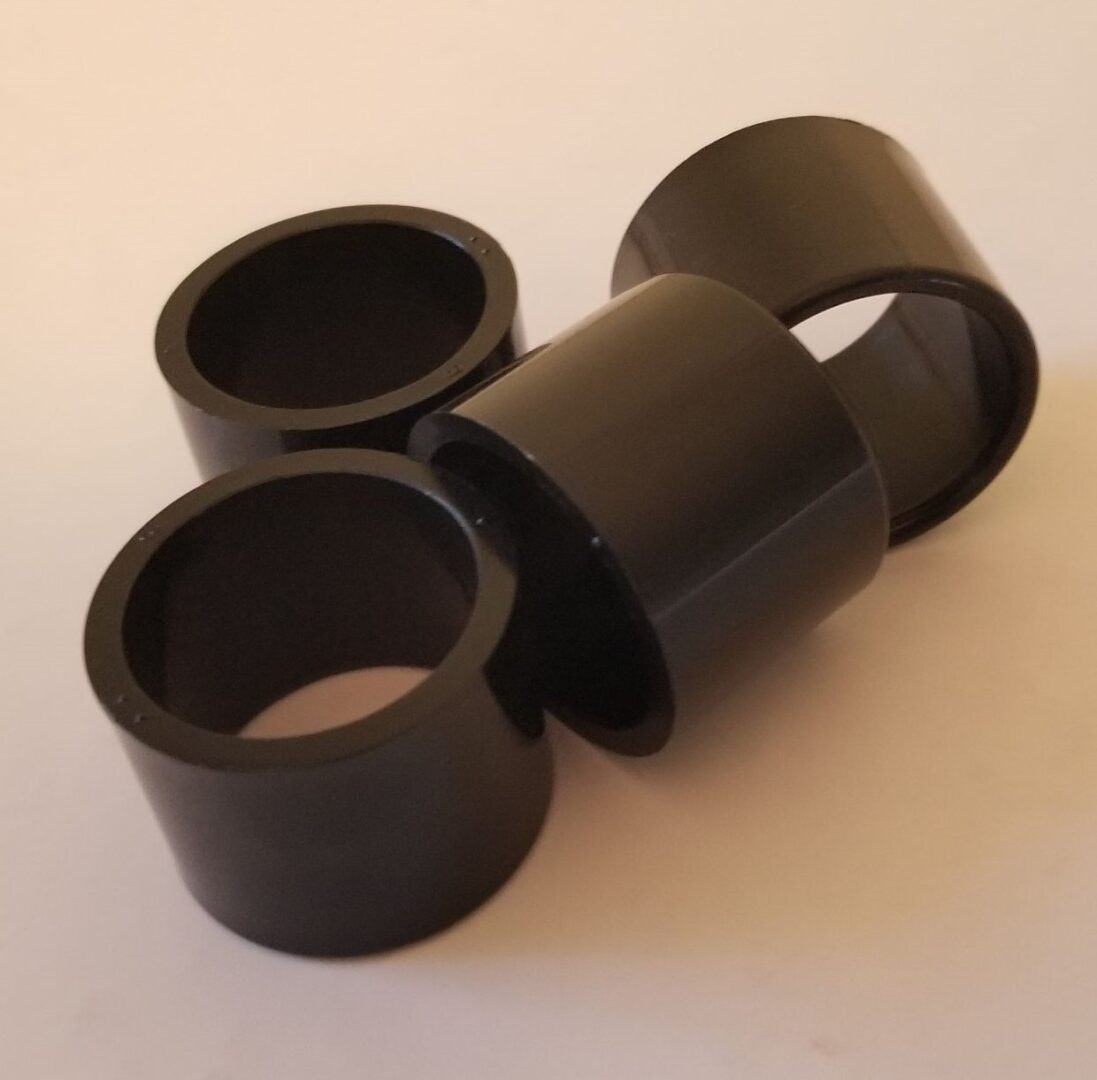
Can I get recommendations for plastic bushings suitable for use in food processing or pharmaceutical machinery?
Yes, recommendations for plastic bushings suitable for use in food processing or pharmaceutical machinery can be obtained. When selecting plastic bushings for such applications, it is crucial to consider factors such as material compatibility, regulatory compliance, hygiene requirements, and resistance to chemicals and cleaning agents. Here are some options to help you find suitable plastic bushings:
- Manufacturer Recommendations: Start by consulting manufacturers that specialize in producing plastic bushings for food processing or pharmaceutical applications. These manufacturers are knowledgeable about the specific requirements of these industries and can recommend bushing materials that comply with relevant regulations and standards. Contact their technical support teams or refer to their product documentation to obtain specific recommendations based on your application’s needs.
- Industry Associations and Standards: Industry associations and regulatory bodies in the food processing and pharmaceutical sectors often provide guidelines and standards for equipment components, including bushings. Examples include organizations like the Food and Drug Administration (FDA) for food processing or the International Society for Pharmaceutical Engineering (ISPE) for pharmaceutical machinery. Refer to their guidelines or consult with industry experts to identify recommended materials and specifications for plastic bushings.
- Specialty Suppliers: Look for specialty suppliers that focus on providing components for food processing or pharmaceutical machinery. These suppliers often have a range of plastic bushings specifically designed and certified for use in these industries. They can offer guidance on selecting bushings that meet the required standards and provide the necessary performance characteristics for your application. Search for suppliers that have experience serving the food processing and pharmaceutical sectors.
- Material Certifications: Certain certifications and approvals can indicate the suitability of plastic bushings for use in food processing or pharmaceutical machinery. Check if the bushing materials comply with regulations such as FDA 21 CFR, EU Regulation (EC) No. 1935/2004, or NSF/ANSI Standard 51. Material datasheets or manufacturer documentation should provide information about the certifications and approvals obtained for the bushing materials.
- Consulting with Experts: If you require more specialized or specific recommendations, consider consulting with experts in the field of food processing or pharmaceutical engineering. These experts can provide insights based on their experience and knowledge of industry-specific requirements. Engage with consultants, engineers, or professionals who have expertise in the selection of components for food processing or pharmaceutical machinery.
When evaluating plastic bushings for food processing or pharmaceutical machinery, it is essential to consider the specific operating conditions, such as temperature, moisture, and cleaning processes, as well as the mechanical loads and movements involved. Additionally, ensure that the selected bushings are compatible with the mating surfaces and other components in the machinery.
By utilizing these resources and considering the factors mentioned above, you can obtain recommendations for plastic bushings suitable for use in food processing or pharmaceutical machinery, ensuring compliance with industry standards and maintaining the integrity of your processes.

Where can I buy plastic bushings with self-lubricating properties for reduced maintenance needs?
If you are looking to purchase plastic bushings with self-lubricating properties to minimize maintenance requirements, there are several sources where you can find them. Here are some options to consider:
- Directly from Manufacturers: Many manufacturers specialize in producing plastic bushings with self-lubricating properties. Visiting the websites of reputable manufacturers is a good starting point. Look for manufacturers that offer self-lubricating plastic bushings as part of their product line. Their websites often provide detailed information about their products, including specifications, performance characteristics, and ordering details. You can usually find contact information or request a quote directly from the manufacturer’s website.
- Industrial Suppliers and Distributors: Industrial suppliers and distributors often carry a wide range of plastic bushings, including those with self-lubricating properties. These suppliers usually have catalogs or online platforms where you can search for and purchase the desired bushings. Some well-known industrial suppliers include Grainger, MSC Industrial Supply, and Motion Industries. Check their websites or contact them to inquire about the availability of self-lubricating plastic bushings.
- Online Marketplaces: Online marketplaces can be a convenient option for purchasing plastic bushings with self-lubricating properties. Websites such as Amazon, eBay, or Alibaba have a vast selection of industrial components, including self-lubricating plastic bushings. When using online marketplaces, it is important to verify the seller’s reputation and reviews to ensure the quality and authenticity of the products being offered.
- Local Industrial Supply Stores: Check if there are any local industrial supply stores or specialty bearing stores in your area. These stores often carry a variety of plastic bushings and can provide guidance on selecting the right self-lubricating bushings for your specific application. Visiting a local store allows you to physically examine the products and seek advice from knowledgeable staff before making a purchase.
- Trade Shows and Exhibitions: Trade shows and exhibitions focused on industrial components and machinery are excellent venues to explore and source self-lubricating plastic bushings. These events bring together manufacturers, suppliers, and industry professionals, providing an opportunity to see and compare different products in person. Attend relevant trade shows or exhibitions in your region to connect with suppliers and learn about the latest advancements in self-lubricating bushing technology.
When purchasing plastic bushings with self-lubricating properties, consider factors such as the specific requirements of your application, the expected loads and operating conditions, and the compatibility with the mating surfaces. Additionally, ensure that the chosen supplier or manufacturer has a reputation for delivering high-quality products and reliable customer service.
By exploring these sources and considering the factors mentioned above, you can find reputable suppliers of plastic bushings with self-lubricating properties, enabling you to reduce maintenance needs and enhance the performance and longevity of your machinery or equipment.

What are the key considerations when selecting plastic bushings for corrosive environments?
When selecting plastic bushings for corrosive environments, it’s essential to consider several key factors to ensure the longevity and performance of the bushings. Corrosive environments can pose significant challenges to materials, including degradation, chemical attack, and loss of mechanical properties. Here are the key considerations when selecting plastic bushings for corrosive environments:
- Chemical Compatibility: The first and foremost consideration is the chemical compatibility of the plastic material with the corrosive substances present in the environment. Different plastics have varying degrees of resistance to specific chemicals. It’s crucial to identify the types of corrosive chemicals, acids, bases, solvents, or other substances that the bushings will be exposed to and choose a plastic material that offers excellent resistance to those specific chemicals.
- Material Selection: Certain plastic materials are known for their superior chemical resistance properties. For corrosive environments, consider using plastic materials such as PTFE (Polytetrafluoroethylene), PVDF (Polyvinylidene Fluoride), PPS (Polyphenylene Sulfide), or ETFE (Ethylene Tetrafluoroethylene). These materials offer excellent resistance to a wide range of corrosive chemicals and can withstand harsh environments.
- Temperature Range: In addition to chemical compatibility, consider the temperature range of the corrosive environment. Some plastics may have temperature limitations and can degrade or lose their chemical resistance properties at elevated temperatures. Ensure that the selected plastic material can withstand the temperature range of the corrosive environment without compromising its performance or chemical resistance.
- Load and Wear Requirements: Evaluate the load and wear requirements of the application. Corrosive environments may involve abrasive particles or high loads that can accelerate wear and reduce the lifespan of the bushings. Select plastic materials that offer excellent wear resistance and can withstand the specific load conditions of the application.
- Sealing and Contamination: Corrosive environments often involve the presence of moisture, gases, or contaminants. Consider whether the bushings need to provide sealing properties to prevent ingress of corrosive substances or contamination. Some plastic bushings can be designed with additional sealing features to enhance protection against corrosive elements.
- UV and Weather Resistance: If the corrosive environment involves exposure to sunlight or outdoor weather conditions, consider the UV resistance and weatherability of the plastic material. Some plastics may degrade or experience color fading when exposed to prolonged sunlight or extreme weather conditions. Choose a plastic material that offers good UV resistance and weather resistance properties if applicable.
- Manufacturer Expertise: Work closely with manufacturers or suppliers who have expertise in providing plastic bushings for corrosive environments. They can offer guidance on material selection, design considerations, and provide specific recommendations based on their experience and knowledge of different plastic materials and their performance in corrosive environments.
It’s important to thoroughly assess the corrosive environment and consult with experts to ensure the right plastic material is selected for the bushings. Conduct compatibility tests, review material datasheets, and consider real-world application experiences to make an informed decision. Additionally, proper installation, regular inspection, and maintenance practices should be followed to maximize the performance and lifespan of the plastic bushings in corrosive environments.
By considering these key factors, you can select plastic bushings that are well-suited for corrosive environments, providing reliable and long-lasting performance even in the presence of corrosive substances.


editor by CX 2024-04-25